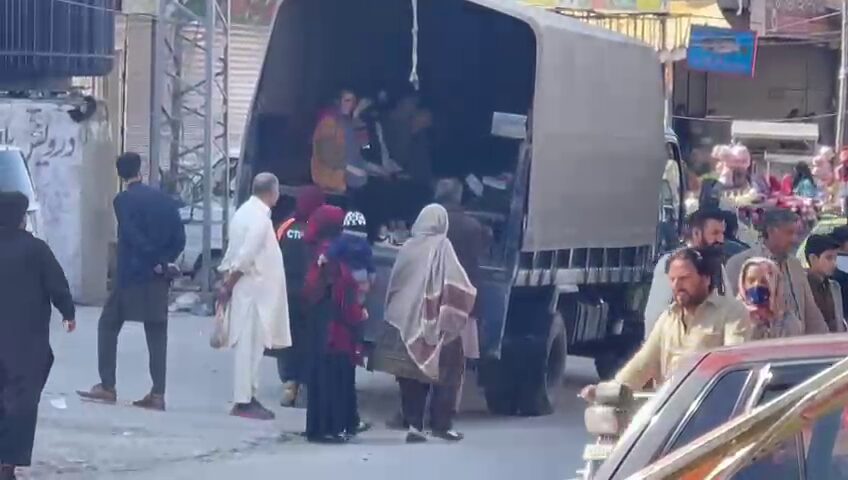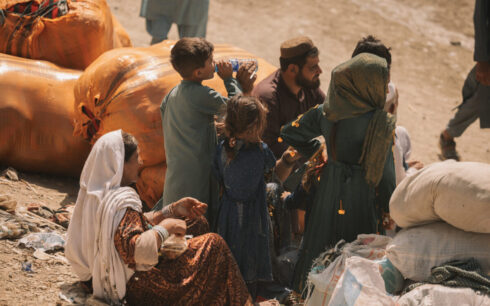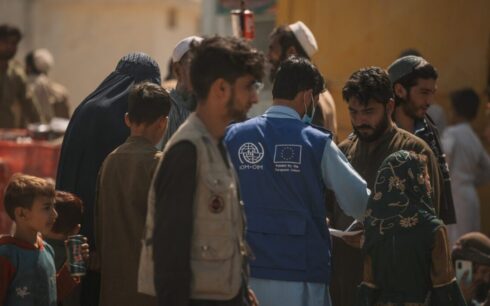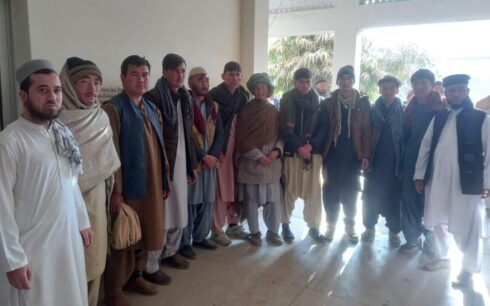ISLAMABAD — Dozens of Afghan migrants living in Pakistan say they have been abruptly dropped from third-country resettlement programs without explanation, leaving them in legal limbo and fearing for their lives if forced to return to Afghanistan.
Among them is Fatema Saeedi, a widow and mother of a 12-year-old child, who said she has no option but suicide if she is deported.
“If I am sent back, the Taliban will kill me,” Saeedi told Amu. “I lost my husband. I have enemies in Afghanistan. I lived in a safe house before the republic fell. I would rather die than return.”
Saeedi said she had previously been in contact with agencies affiliated with the German government and had undergone interviews for potential resettlement. But her application was ultimately rejected, without any official explanation.
She is not alone. Afghan women in similar situations say they too were promised resettlement, only to be told later they no longer qualify — a decision that could place them in imminent danger once their temporary legal status in Pakistan expires.
In a further blow to hopes for legal redress, a recent ruling from the Berlin Administrative Court has determined that Afghan nationals who worked for the German government or its affiliates cannot sue for visa denials. The decision, reported by SchengenNews, followed the case of an Afghan man who conducted literacy training for Afghan police on behalf of German institutions and claimed Taliban threats after the republic’s collapse. His visa application was rejected in August 2021, and a subsequent legal challenge in April 2022 was unsuccessful.
The court emphasized that German authorities are not obligated to approve such visa requests and that such decisions fall under the government’s discretionary powers.
The ruling has heightened fears among Afghan refugees stranded in Pakistan, many of whom have lived for years under the assumption that their work with foreign governments would guarantee protection. Now, they say, the lack of transparency and shrinking legal pathways are putting their lives at risk.
Advocates are calling on Germany and other Western governments to immediately review stalled or rejected resettlement cases, especially those involving individuals who may face retaliation by the Taliban.
“The danger is real,” Saeedi said. “We trusted the promises. Now we are being abandoned.”





